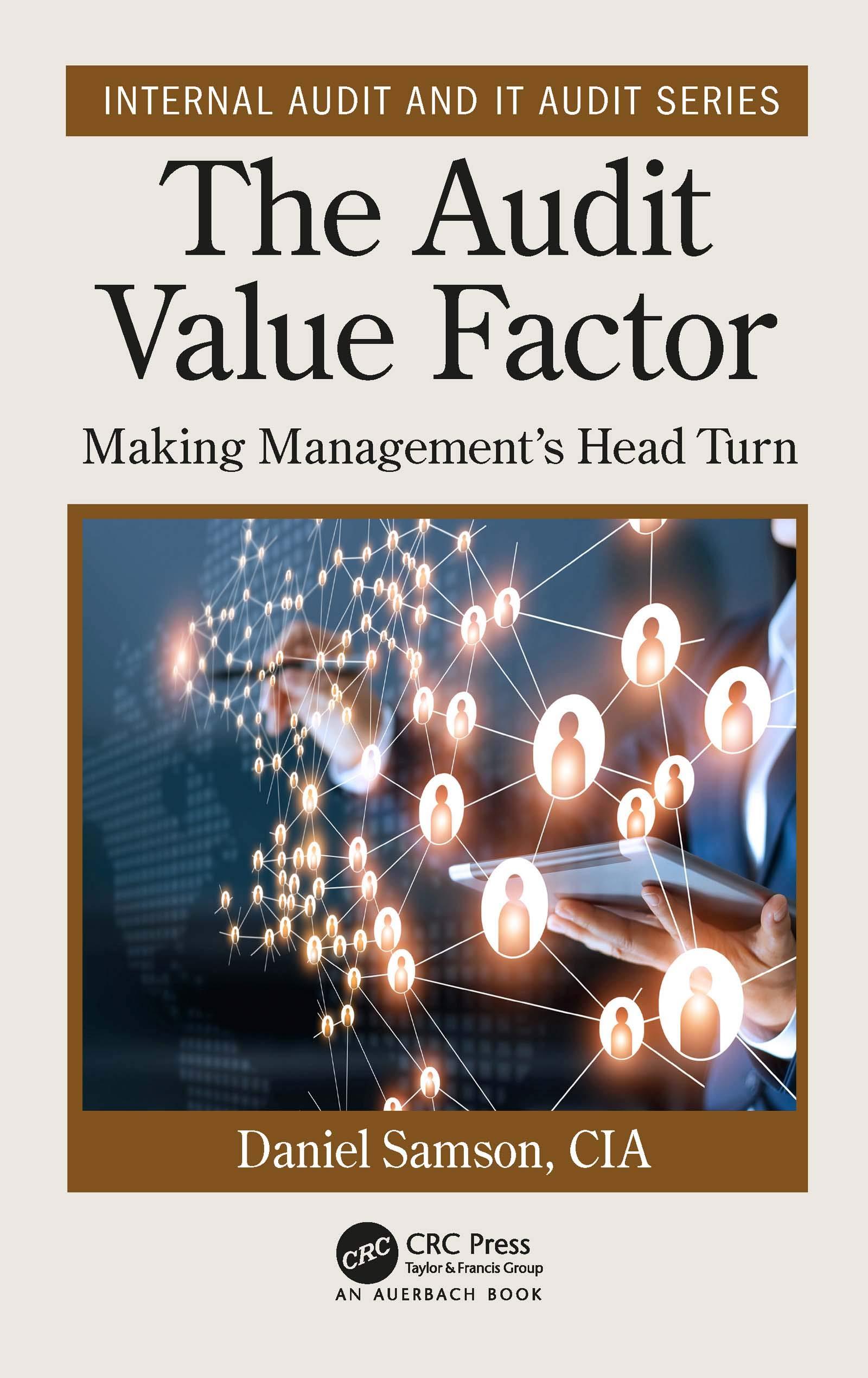There is no government section so i wasnt sure which section to choose. However, Finance looked like it could fit this question. If you could help me as much as you can. thank you

Read the following pros and cons regarding whether Texas should have publicly financed campaigns and decide on which side you support. Write a response in which you explain your decision about this in terms of liberty, equality, and justice. What values took precedence and why when you chose your position? You Decide Should Texas Have Publicly Funded Campaigns? Although there is a system of public financing in place for state legislative campaigns in Maine, Arizona, and Connecticut, and a system of partial funding in eleven others, the remaining states permit their elections to be financed entirely from private sources. In Texas, candidates must either pay their own way or accept contributions from private individuals and organizations. There have been many suggestions, over the years, for some sort of plan for Texas to use tax money to support the campaigns of at least the major-party candidates in whole or in part. Pro Con 1 State support of candidates would free them from dependence on specal interests It would not be difficult to devise a system of ctzen contributions that was non-coercive. In Antona, for example, the program is financed through a 10 percent surcharge on civil penalties and criminal fees. Granted that the program should be imited to general elections, are we going to refuse to dean up part of Texas politics because we cannot clean up al of it? Unless all private contributions were outlawed, candidates would still feel beholden to those who contrbuted. If all private contributions were prohbited, then all candidates would become dependent on state largesse. The state would not be able to resist making regulations that would nevitably either favor one party or suppress vigorous debate Use of tax money to support candidates would mean that the coerced contributions of cituens were being used to subsidize candidates whose views many of them might abhor State contrbutions would almost certainly be limited to candidates in the general election. This would leave candidates in primanes stil dependent on wealthy special interests. If the program were extended to primaries, then dorens of candidates would have an incentve to enter, and the costs would grow huge. If the program were to be imited to candidates of the two major parties, it would suppress the expression of alterative poitical opinions. If it were expanded to al parties, it would provide incentives for smal fringe parties to claim public subsidies to publicize their extremist views. As with balot-entry laws, some test of a party's appeal in the previous election could be applied to for state support. Besides, perhaps a few fringe parties arguing their "extremist" views might be a good thing for Texas. Read the following pros and cons regarding whether Texas should have publicly financed campaigns and decide on which side you support. Write a response in which you explain your decision about this in terms of liberty, equality, and justice. What values took precedence and why when you chose your position? You Decide Should Texas Have Publicly Funded Campaigns? Although there is a system of public financing in place for state legislative campaigns in Maine, Arizona, and Connecticut, and a system of partial funding in eleven others, the remaining states permit their elections to be financed entirely from private sources. In Texas, candidates must either pay their own way or accept contributions from private individuals and organizations. There have been many suggestions, over the years, for some sort of plan for Texas to use tax money to support the campaigns of at least the major-party candidates in whole or in part. Pro Con 1 State support of candidates would free them from dependence on specal interests It would not be difficult to devise a system of ctzen contributions that was non-coercive. In Antona, for example, the program is financed through a 10 percent surcharge on civil penalties and criminal fees. Granted that the program should be imited to general elections, are we going to refuse to dean up part of Texas politics because we cannot clean up al of it? Unless all private contributions were outlawed, candidates would still feel beholden to those who contrbuted. If all private contributions were prohbited, then all candidates would become dependent on state largesse. The state would not be able to resist making regulations that would nevitably either favor one party or suppress vigorous debate Use of tax money to support candidates would mean that the coerced contributions of cituens were being used to subsidize candidates whose views many of them might abhor State contrbutions would almost certainly be limited to candidates in the general election. This would leave candidates in primanes stil dependent on wealthy special interests. If the program were extended to primaries, then dorens of candidates would have an incentve to enter, and the costs would grow huge. If the program were to be imited to candidates of the two major parties, it would suppress the expression of alterative poitical opinions. If it were expanded to al parties, it would provide incentives for smal fringe parties to claim public subsidies to publicize their extremist views. As with balot-entry laws, some test of a party's appeal in the previous election could be applied to for state support. Besides, perhaps a few fringe parties arguing their "extremist" views might be a good thing for Texas









